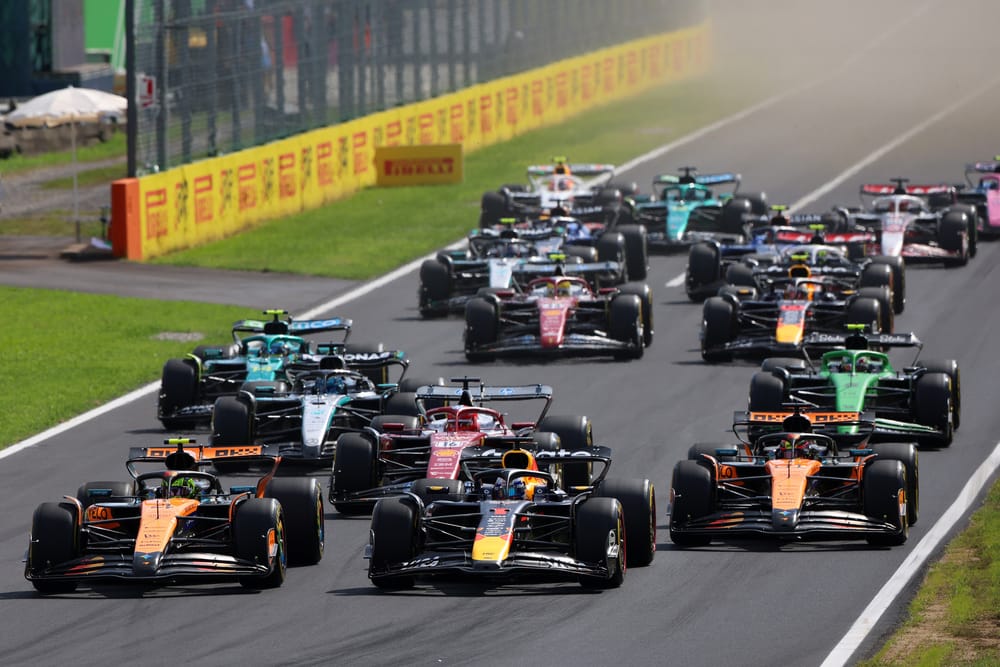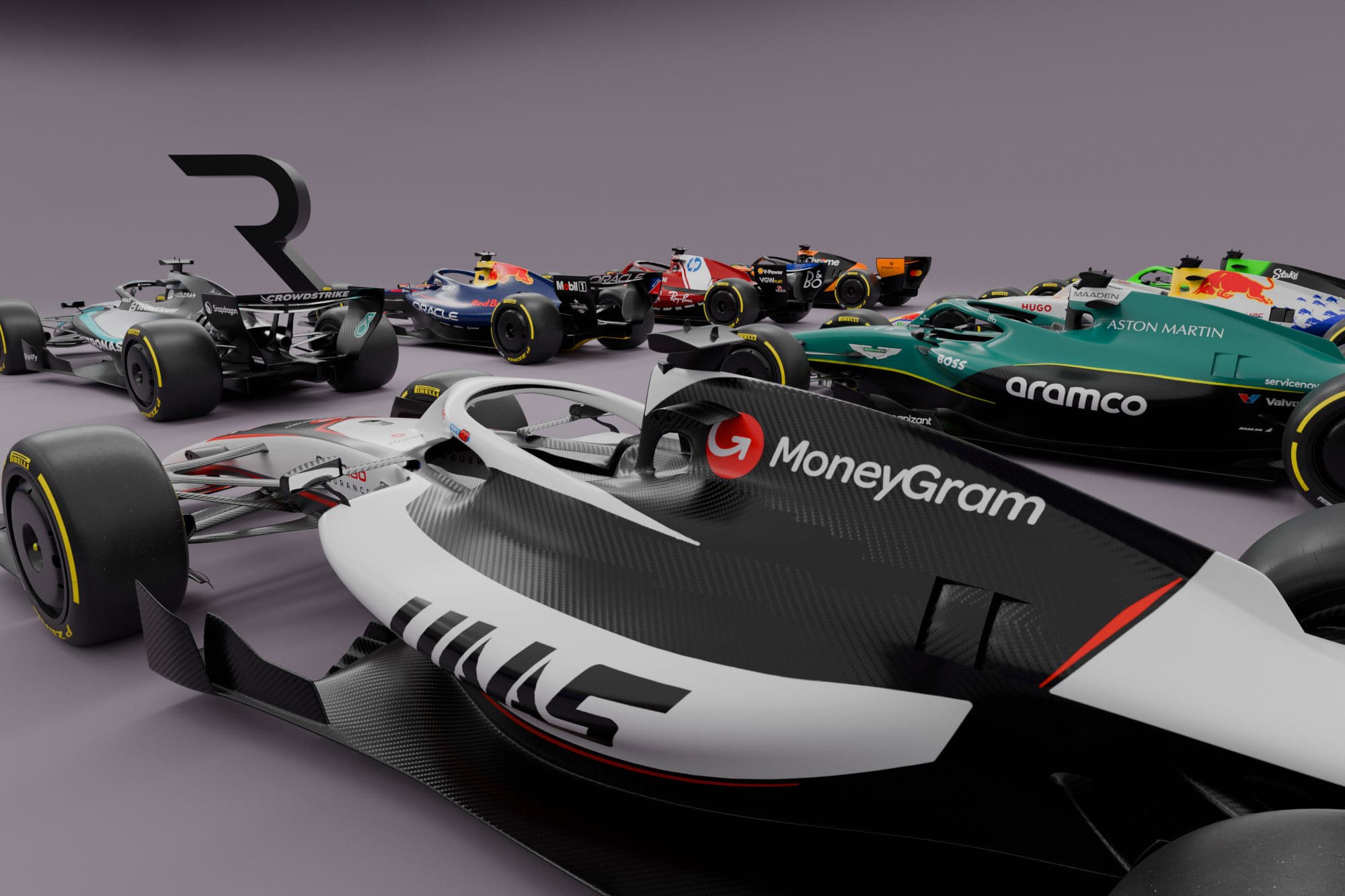The Monza paddock was awash last weekend with a ton of debate about whether a supposed suggestion from Formula 1 CEO Stefano Domenicali for grands prix to be shorter had any merit.
Drivers, team bosses and other senior figures had split opinions on whether F1 should turn its back on its long-established 305km (189.52-mile) distance.
One of the arguments being put forward was that, with young fans showing an increased interest in highlights packages, it made sense to cut back on 90-minute races to better draw in that demographic.
However, that train of thought ignores other elements that have triggered such viewing habits and go beyond the simplistic argument about attention spans.
One key factor, for example, is that highlights are free to watch on YouTube while most live F1 action is behind a paywall.
But what ultimately got lost amid the debate on shorter races was that Domenicali had never actually said he wanted them - and it's not a topic that is on his agenda right now.
What was really said
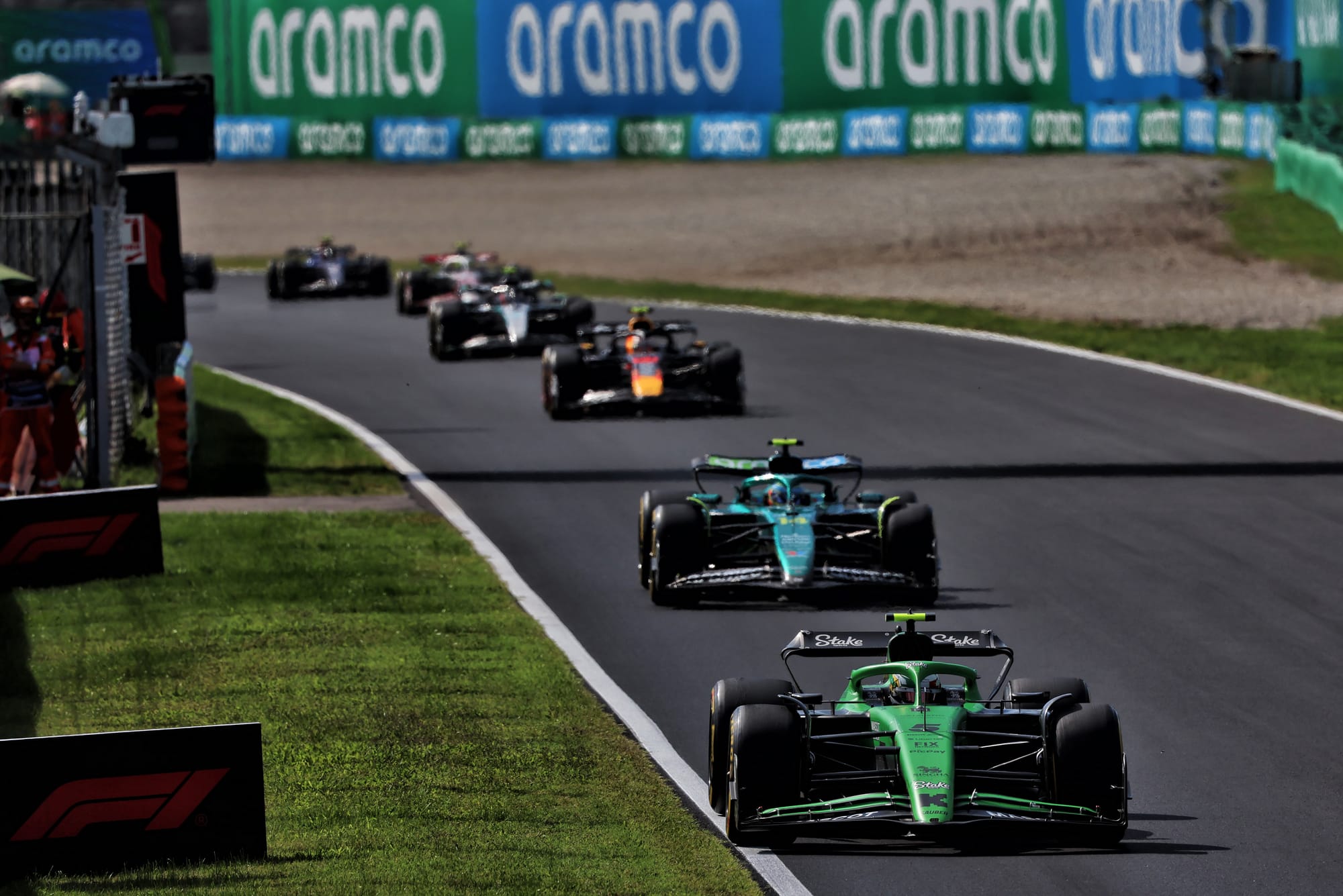
The story about shorter races built up a head of steam due to an interpretation of some comments Domenicali had given in the build-up to the Italian Grand Prix.
In a briefing he held with selected Italian media, Domenicali talked about the need for F1 to adapt to change in the future.
And it was the below section of comments that were pulled out to link him to a desire to make races shorter.
Here is what he said:
"There's also the issue of the length of the competitions: we believe it's a bit too long for young people. We're seeing on many of our channels that highlights are very popular.
"Maybe for us, who were born with this format, it's fine as it is, but there's a large segment of the audience that only wants to see the highlights.
"Today, everything is going very well, but precisely for this reason, we mustn't rest on our laurels but think about what the next step will be."
Read his comments in their entirety and, as has been confirmed by senior F1 sources, at no point did Domenicali explicitly say that he wants shorter races.
Yes, there is an acceptance that perhaps young people are not as eager for 90-minute races as other generations, but that is quite a step removed from suggesting there is a need for change.
Furthermore, Domenicali's last comment about F1 not resting "on our laurels" is something he has said many times, as he has always been open-minded about making sure that grand prix racing does not stick to what it knows just for the sake of it.
That open-mindedness means sprint races have become a standard part of an F1 season now, and is why the idea of reversed grids is gathering momentum once again.
Letting the debate roll
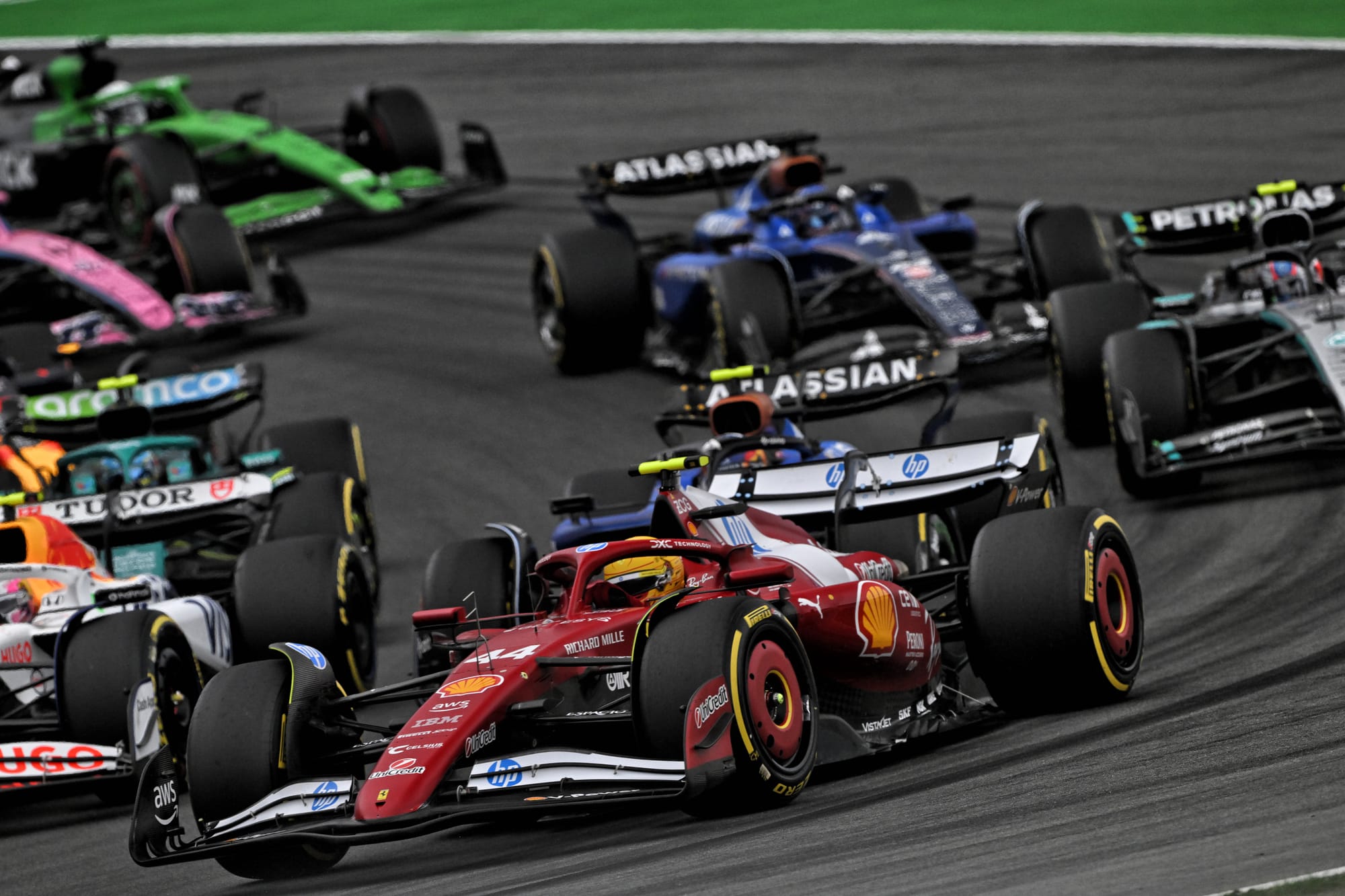
While the shorter races story gathered momentum, it is understood that Domenicali was not too unhappy about the matter erupting in public.
That is why there was no effort to shut things down and kill the story, beyond a few explanations to stakeholders in the paddock who may not have been aware of the nuances of the situation.
Just like governments sometimes like to leak potential policy decisions to gauge public opinion before committing to them, so too did it serve Domenicali and FOM well to check out what the feedback was like over shorter races.
And based on the feelings from both within the paddock and outside it, it seems that there was not an overwhelming amount of support for it.
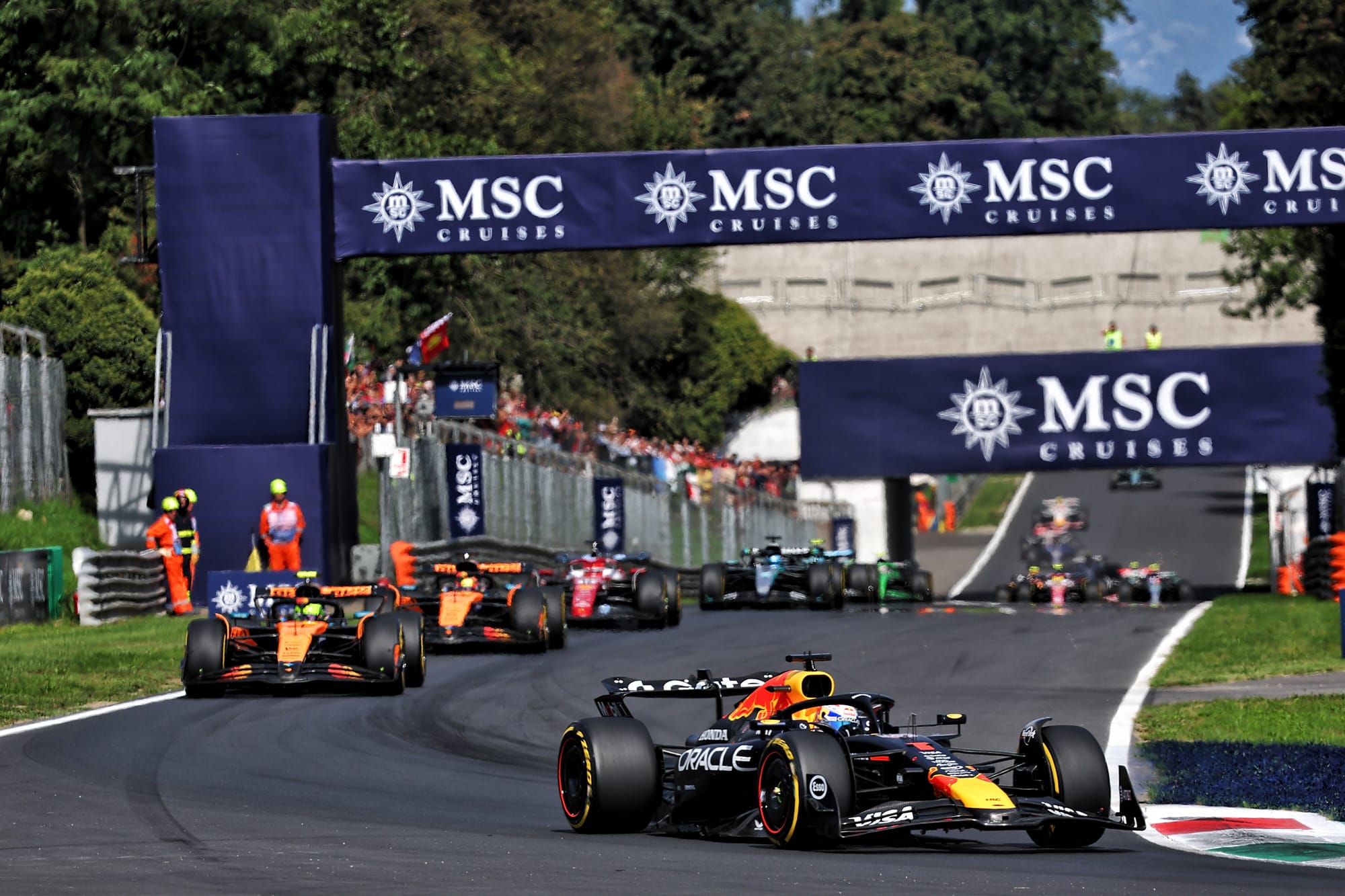
Max Verstappen was one of those who suggested that there was nothing wrong with the current length of races.
"It's fine," he said. "In other sports as well, sometimes you have an exciting game, sometimes absolutely boring and you fall asleep. That's sport for you.
"You cannot always make it exciting because if it's always exciting it becomes boring too, because then you know a lot of changes are happening. That's also not always how you want to see it. It always needs to be a surprise."
This was a view backed up by Fernando Alonso, who felt that while society itself was showing signs of shorter attention spans, changing major sporting events because of it was not a necessary move.
"Football matches are a little bit long," he said. "When I sit in front of the TV, I'm not watching the 90 minutes fully concentrated. I go to the kitchen, come back.
"There's always some moments of distraction, and no one is talking about having 60-minute football matches or something like that. So it's a problem of society and the kids, but not the sport. So probably it's not needed, the change."
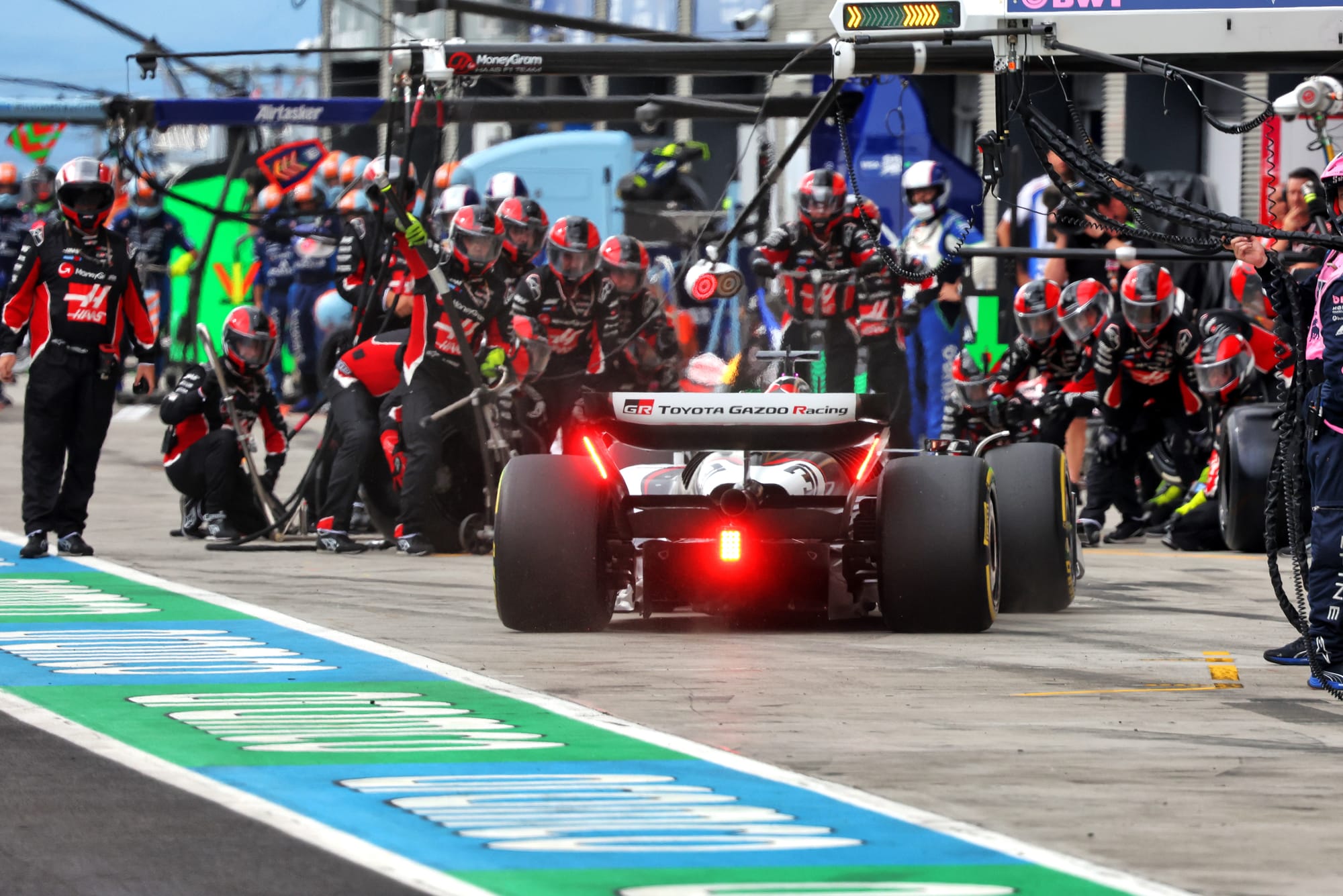
Team bosses were equally not won over by the idea.
Haas team principal Ayao Komatsu said: "I think 300km is part of the DNA of F1.
"We've got sprint races, which are 100km, but the Sunday race - if tyre strategy is correct, it can be two versus three stops and that is action all the way."
Creating the right package
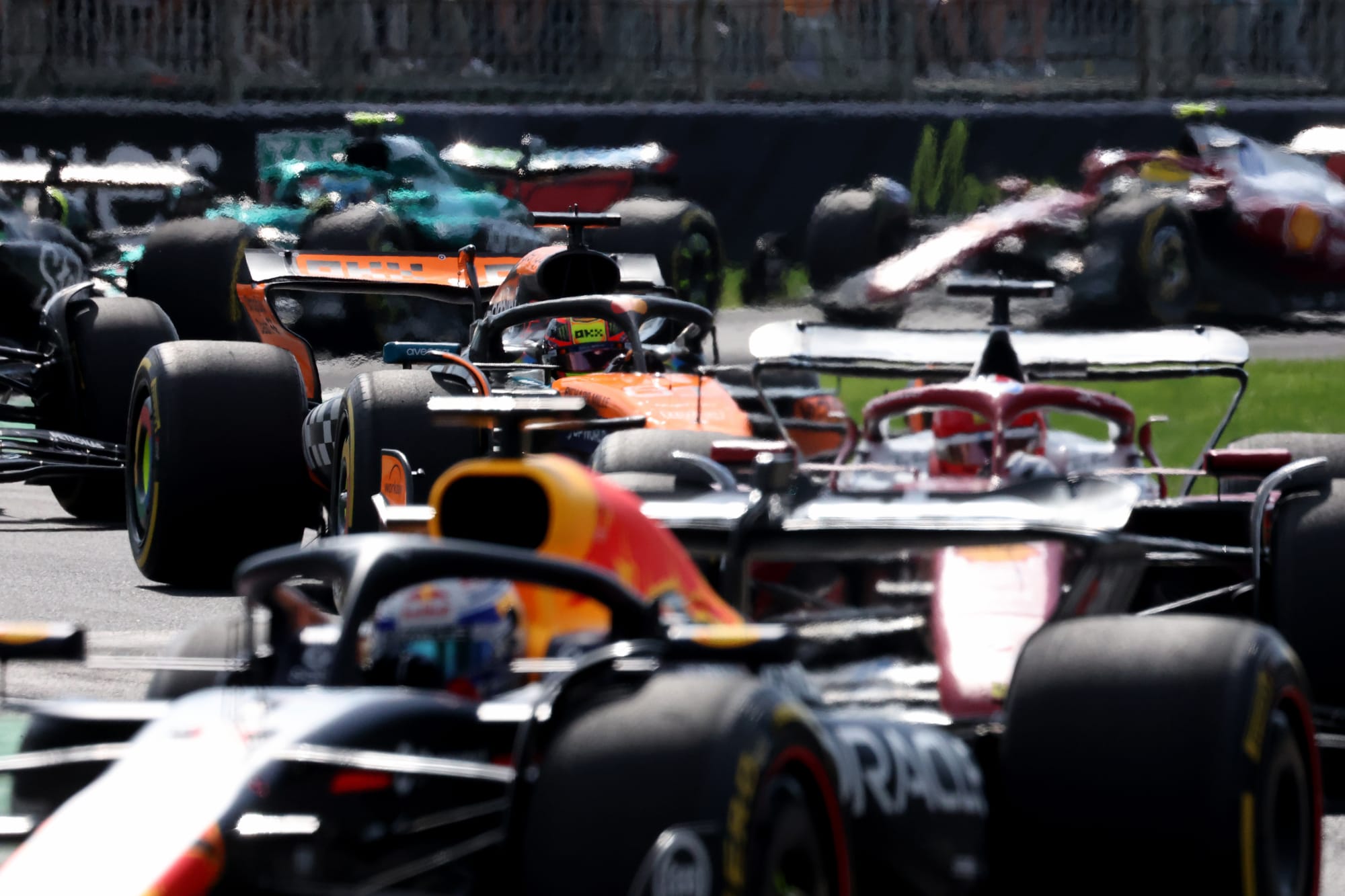
F1 is well aware that just because race highlights do well, it does not automatically mean that short bursts of entertainment are needed.
Theories about attention spans being short for young people do not explain why there is an eagerness for them to binge-watch series on Netflix, or the hours that are spent gaming.
What is more important is the need to deliver proper entertainment that is accessible.
The impact of F1 mainly only being available on pay TV channels is well understood, and there is also a truth that the longer the race, the more footage there is to make a better highlights package from.
As Komatsu said, cut the race distance and that will impact tyre strategies - potentially leaving all grands prix as straightforward one-stop races with no variation.
Key for F1 to continue driving audience engagement is ensuring that all the touch points F1 has with fans are hitting the spot.
It means making sure the highlights are as good as possible, that the live event is packaged up well, that the track spectacle is good, and that it works on social media.
It is also important that F1 is open-minded to evaluating change if there comes a point where the world has moved on and wants something different.
Right now that is not the case though, and F1's 190-mile grands prix are here to stay.


